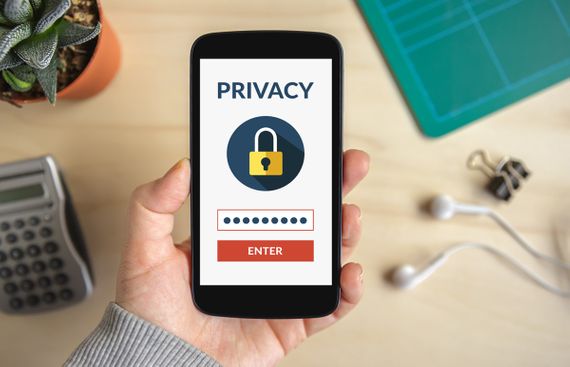How to Secure your Smartphone from Hackers?

In India, over 2.7 billion users use smartphones and typical smartphones have tons of personal information such as passwords, credit card numbers, addresses, and other data. For easy access to make use of the internet, users rely on their devices for everything including shopping, communication, entertainment, business and more. It is also believed that on an average, a user checks their smartphones more than 50 times a day and nearly 30 percent of the users don’t use a screen lock or any other security features to access their phone. To avoid the cybersecurity breaches, check out these four ways to keep your smartphone more secure.
1. Avoid Charging your Phone in Public Ports
Charging your smartphone in public charging stations such as railway stations, airports, transit stations, shopping centers, conferences, and airplanes can lead to a security breach. There are chances of transmitting crucial data to the hacker, as the charging outlet is compromised. This technique of hacking information is called ‘juice jacking’, as it could access the emails, texts, photos and contacts.
2. Update the Phone’s Software Regularly
Avoiding the notifications for phone updates is something we regularly do. But updating the phone can reduce the chances of your phone to get hacked. Even though the notifications are annoying, we always postpone it to a later date. Security experts suggest that the longer users go without updating the phone and software, the longer the data is at risk.
3. Turn off Bluetooth and Wi-Fi off when not in use
One of the conventional ways hackers uses to get into someone else’s privacy. Most of the time, Bluetooth is on by default on the smartphones and hackers can easily mask a malicious device and try to make it look like a legitimate device so that you connect your phone with it. Along with this, always double-check what devices are connected to, especially if its the first time.
4. Use a VPN
Virtual Private Networks (VPNs) create a secure connection via a private network over the internet and it helps users to send and receive data over public or shared networks without some unconstitutional users being able to see it. With the help of VPN, the data will be safe and anonymous by assigning a temporary IP address and hides the exact IP address from every website.
